Description
Discover benefits of Algae meal for sale cattle feed! Learn how this nutritious supplement improves cattle health, growth, and reduce environmental impact.
Algae meal for sale
Algae Meal: A Sustainable and Nutritious Feed Option for Cattle
The demand for sustainable and efficient livestock feeding practices is constantly growing. As agricultural resources face increasing pressure, researchers are exploring innovative alternatives to traditional feedstuffs. Among these promising solutions, algae meal is gaining considerable attention as a nutritious and environmentally friendly option for cattle feeding.
What is Algae Meal?
Algae meal is a dried product derived from various species of algae, both microalgae and macroalgae (seaweed). These single-celled or multicellular photosynthetic organisms are rapidly renewable and require relatively minimal resources to cultivate. Unlike traditional crops, algae can be grown in diverse environments, including saltwater, wastewater, and non-arable land, reducing the competition for land and water resources.
Algae meal for sale
Nutritional Benefits for Cattle:
Algae meal boasts a rich nutritional profile that can positively impact cattle health and productivity. Key benefits include:
- High Protein Content: Many algae species are rich in protein, often comparable to or even exceeding protein levels found in soybean meal or other conventional protein sources. This protein is essential for muscle growth, repair, and overall animal health.
- Essential Amino Acids: Algae meal contains a complete amino acid profile, including those essential for cattle that they cannot synthesize themselves. This ensures adequate protein utilization and optimal growth performance.
- Rich in Omega-3 Fatty Acids: Certain algae species are excellent sources of omega-3 fatty acids, particularly EPA and DHA. Supplementing cattle diets with these fatty acids can improve meat quality, enhancing its nutritional value for human consumption.
- Vitamins and Minerals: Algae meal is a natural source of various vitamins and minerals, including vitamins A, B, C, E, and K, as well as minerals like calcium, phosphorus, and iodine. These micronutrients are crucial for overall health, immune function, and reproductive performance in cattle.
- Antioxidant Properties: Many algae species contain potent antioxidants that can help protect cells from damage caused by free radicals. This can contribute to improved animal health and reduced susceptibility to diseases.
Sustainability and Environmental Advantages:
Beyond its nutritional benefits, algae meal offers significant environmental advantages:
- Reduced Land and Water Usage: Algae require far less land and water than traditional crops, making them a more sustainable feed source, especially in areas with limited resources.
- Carbon Sequestration: Algae absorb carbon dioxide from the atmosphere during photosynthesis, contributing to carbon sequestration and mitigating climate change.
- Wastewater Treatment: Algae can be used to treat wastewater from agricultural or industrial sources, removing pollutants and recovering valuable nutrients, which can then be recycled back into the algae cultivation process.
- Reduced Reliance on Traditional Feedstuffs: By incorporating algae meal into cattle diets, we can reduce our dependence on conventional protein sources like soybean meal, which often require deforestation and contribute to environmental degradation.
Challenges and Future Research:
While algae meal holds great promise, there are still challenges to overcome before widespread adoption. These include:
- Cost-Effectiveness: The production cost of algae meal can still be higher than that of traditional feedstuffs. Ongoing research and technological advancements are focused on reducing production costs and improving efficiency.
- Algae Species Selection: Different algae species have varying nutritional profiles and growth characteristics. Careful selection of the most suitable species for cattle feeding is crucial.
- Palatability: Some cattle may initially be hesitant to consume algae meal due to its unfamiliar taste or texture. Gradual introduction and incorporation into existing feed formulations can help improve palatability.
- Long-Term Effects: More research is needed to fully understand the long-term effects of algae meal supplementation on cattle health, performance, and product quality.
Conclusion:
Algae meal presents a compelling alternative to traditional cattle feedstuffs, offering a combination of nutritional benefits and environmental advantages. As research continues and production costs decrease, algae meal is poised to play an increasingly important role in sustainable livestock feeding practices, contributing to a more resilient and environmentally friendly agricultural system. By embracing this innovative feed source, we can enhance cattle health, improve meat quality, and reduce our environmental footprint, paving the way for a more sustainable future for agriculture.

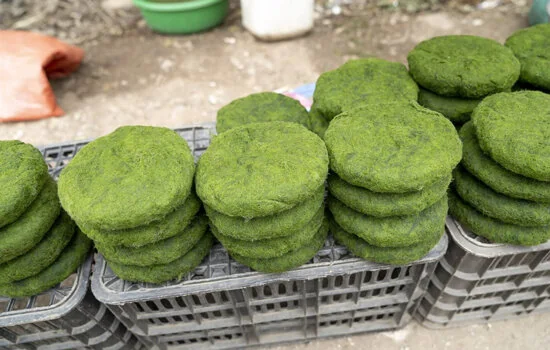
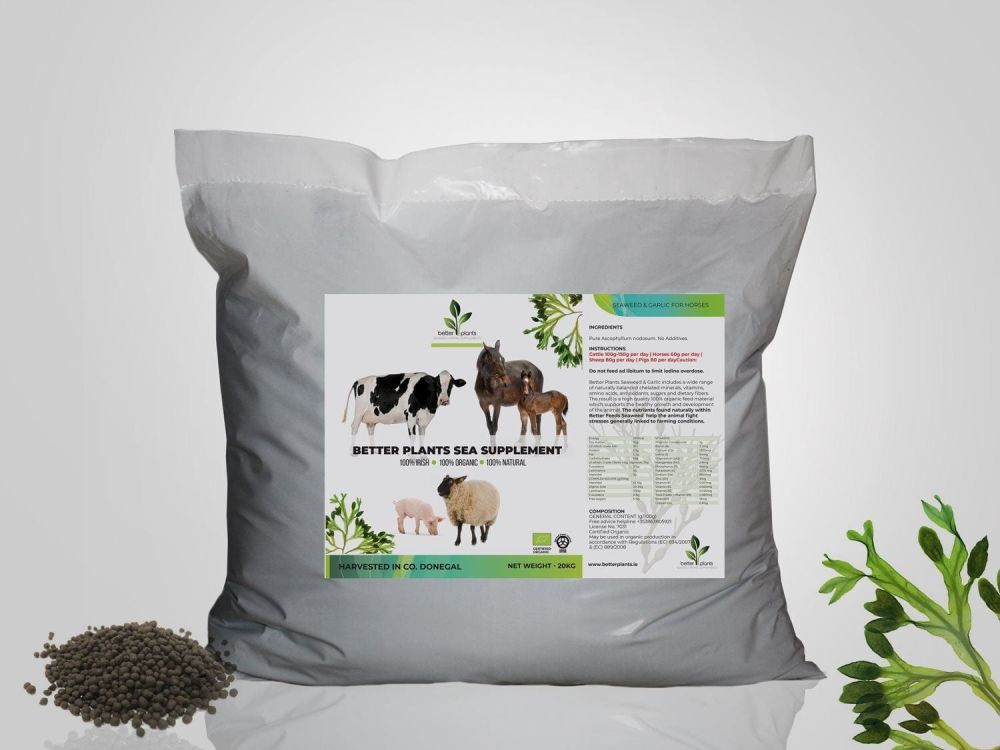
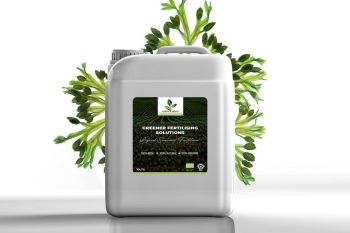



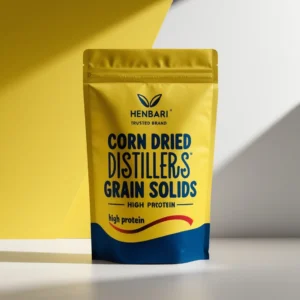
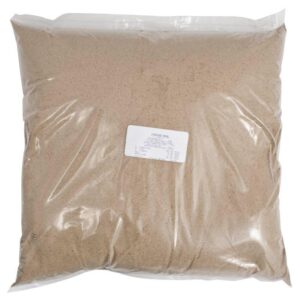

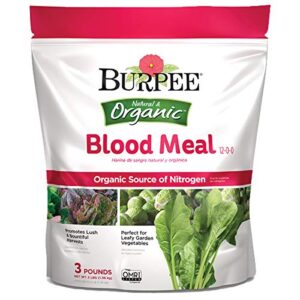
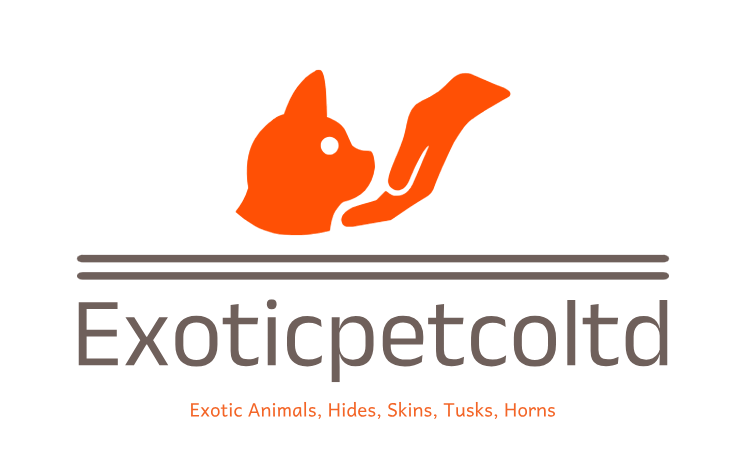

Reviews
There are no reviews yet.